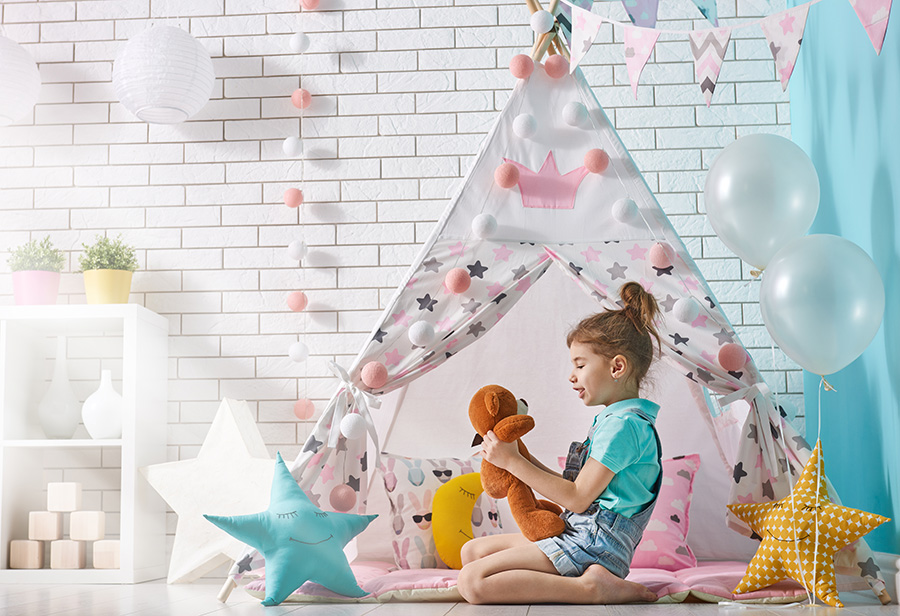One result of the COVID-19 crisis is that more and more parents are trying to figure out how to work from home efficiently – while also tending to kids who are home. Having play dates seem like an obvious solution to keep little ones engaged while you get some work done.
Dr Shivani Paliwal is a US-trained paediatric doctor at International Medical Clinic (IMC) Children’s and she has a strong view on this topic. “I’m personally taking a really strict line and saying no! I would say that play dates inherently carry risk, and if we can put them off for a few weeks and replace them with family time, it would be better.”
Reasons for pressing pause on play dates
She notes that elementary school-age kids get about five to seven viral infections a season, on average. “If they’re playing with three or four friends, each one would be about to have, had or is getting over a viral illness that they could then, unfortunately, share.” At this moment, she says, it’s not just the coronavirus that’s a concern, but any virus that might lead a child to need medical attention. That’s because you want to avoid a doctor’s visits if you can, both to avoid possibly getting infected with the coronavirus and to avoid overloading the health care system.
What’s more, symptoms of COVID-19 on average take 14 days to show up from the time of infection. But a person can still pass it on to other people during that time. So, while it might be tempting to have one or two kids over, don’t do it, says Dr Paliwal.
Stopping the spread
To understand this and why play dates are a no-no, it’s important to know why COVID-19 spreads so easily:
- This is a new virus, so we don’t have great natural defenses against it.
- Many people can have mild or even no symptoms – but can still infect others.
- Even when you do develop symptoms, you’re usually contagious for 14 days before you feel sick – which means you’re contagious before you know you have it.
- The average infected person infects two to four others.
Someone who comes to your house looking well can transmit the virus. Even if you choose only one friend to have over, you are creating new links and possibilities for the type of transmission that all the closures of our schools, workplaces and public events are trying to prevent.
Other options
Dr Paliwal says the goal is for parents to limit exposure, period. “My guidance right now to families is, as much as possible, do not have your kids in other people’s houses or apartments. Do not have other people’s kids in your house. There are times when for child-care arrangements, or for absolute necessity, you need to have two or more kids together. But if at all possible, really just keep kids at home.”
What about playing outside with other kids or going to the park? If you do let your kids outside to play with others, make sure the children keep at least six feet of distance from other children. (This can be very hard for younger children to abide by.) Avoid playground equipment where germs can accumulate. Avoid crowds.
We’re in the midst of a worldwide, life-threatening pandemic and we need to pitch in 100 percent in order to save lives. So, say no to play dates. (For now!)
For information, visit imc-healthcare.com.

Want more health news and views? See our Health & Fitness section
Don't miss out on the latest events, news and
competitions by signing up to our newsletter!
By signing up, you'll receive our weekly newsletter and offers which you can update or unsubscribe to anytime.



